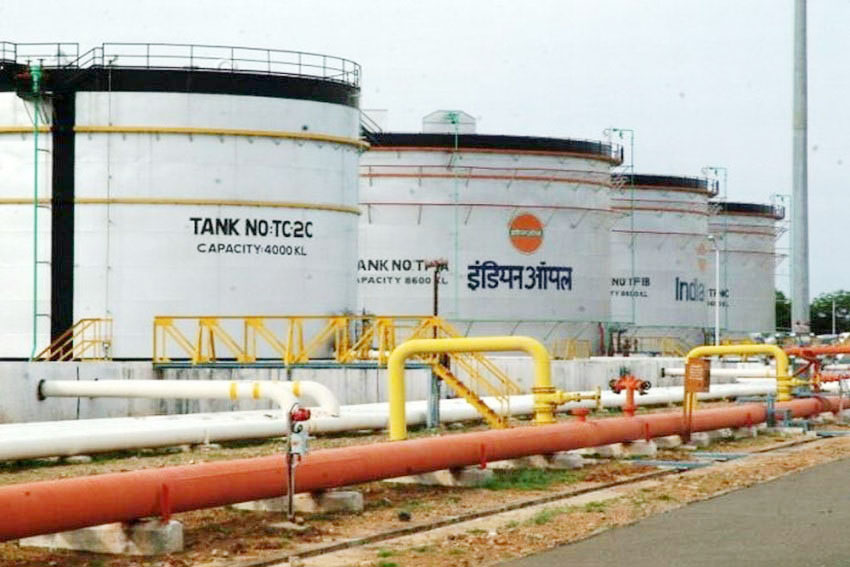Even as India’s motor manufacturing industry continues to push towards electric vehicles as an option to the millions of ‘gas guzzlers’ upon which the nation depends for transportation the most recent long-term report from the Organization of Petroleum Exporting Countries (OPEC) on oil consumption trends in the period ahead indicate that the level of the country’s oil dependence is likely to remain high for the foreseeable future.
The Report envisages diesel and gasoline comprising 58% of India’s oil demand over the next twenty five (25) years, a function, it says, of the addition of 200 million passenger and commercial vehicles in circumstances where the country already consumes an estimated 4.6% of global oil production, making it the third largest consumer of oil, behind the United States and China.
While the advent of the covid-19 pandemic reportedly put a considerable dent in India’s oil demand, it is anticipated that it will rise to pre-pandemic levels this year and is likely to go as high as 11 million barrels by 2045.
India has been at odds with OPEC over oil supplies for some months now and earlier this year the situation appeared to grow worse following what the international oil and gas news source said was “a sudden reversal in the cartel’s output policy” that left India with “an unexpected cut of 1 million barrels a day from Saudi Arabia” as well as cuts from other OPEC member countries.
Back in March India became the first country to purchase oil from Guyana when the state-run India Oil Corporation (IOC) acquired two successive million-barrel consignments from Guyana, a move that had initially been seen as being in line with India’s strategy of seeking to implement source diversification for crude oil. Prospects of a longer-term oil supply deal with Guyana, however, appeared to have been snuffed out swiftly after India’s efforts to secure such a deal were reportedly “turned down by Guyana in August.
Continued overdependence by the world’s major oil consumers on huge volumes of fossil fuels to meet their energy needs are raising increasingly searching questions as to whether their pursuit of energy options will meet the ‘zero hour’ deadlines.
India reportedly purchases more than 80% of its oil from overseas.






